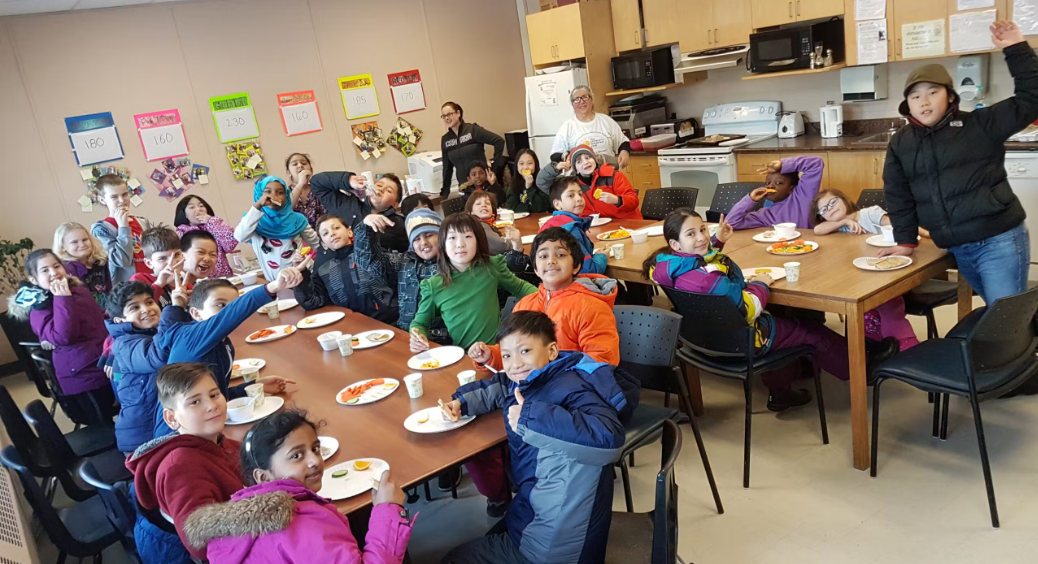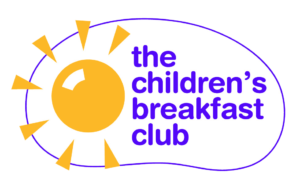Every meal at The Children’s Breakfast Club is turning out to be more than just a nutritious treat for the children coming here. It has become a means for communities that are closely knit from the get-go. Moreover, it instills healthy dietary preferences among rather fussy little customers.
Let’s uncover how The Children’s Breakfast Club has managed to set up institutions that foster such holistic growth among kids. And how they are trying to blur the lines between the youth of different communities while promoting positive eating. We will also touch upon what some sources and studies suggest on the social impact on food habits.
Inclusivity in social eating
Early exposure to different ethnicities and social classes is the founding stone of a well-assimilated society.

Eating alone deprives us of meaningful connections with other people that enrich our lives. There is a term used in psychology – “generous authority.” What this term refers to is using the privileges and authority that come with hosting to nourish, serve, and protect your group (and yourself). Connecting over a shared purpose, including food sharing, is the essence of generous authority. A research study in Britain showed that eating with other people increases well-being and makes a person, generally, happier. Eating together with others is a primal human ritual – it is imprinted onto our DNA from early humans sitting around a fire, sharing food, and telling stories.
The University of Oxford, in a research study on communal eating, reported that people who eat communally or socially feel more satisfied with their lives and, as a result of communal eating, have a wider group of friends and community members for social and emotional support.
A strong relationship exists between society and food. Eating shapes our identities, communities, and relationships. Additionally, food can serve as a means of communication. If you are eating food prepared by a person from a different ethnicity or social class, it signals to the person that you can be trusted as a close friend, as family. The same applies to children at our club, who feel a sense of belonging with children from multiple racial backgrounds.

Picky Eaters Solved
Some kids may not eat corn at home. However, once they are in public and see other kids enjoying healthy food, the narratives in their little brains change quicker than you think.
According to the article “Who’s Hungry” by Bridge Report, “Not only do people model the types of food that others eat, but they also model the amount of food that others around them are eating. When people eat with others who are consuming more food, they consume more food themselves, and vice versa.”
In their article “The Benefits of Eating Together For Children and Families” Health Link BC suggests “People of all ages eat better when they share a meal with others. They tend to eat more fruits and vegetables and other nutrient-rich foods.”
Eating in public can enhance your eating preference over time. Especially at The Children’s Breakfast Club, where every meal is planned and executed to deliver a nutritious plate of goodness. When your friends Ryan and Trini love spinach, you’d think it’s cool to try it out at least once? We are actively trying to create these situations to grow a healthy taste early on.
Other Collateral benefits of The Children’s Breakfast Club
Setting up a Schedule:
The club not only provides a nutritious start to the day but also establishes a consistent routine for children. In a world where structure can sometimes be lacking, having a set time and place to gather for breakfast helps instill discipline and responsibility. Children learn the importance of punctuality and organization, skills that are crucial for success in school and later in life. By adhering to a schedule, they develop a sense of orderliness that contributes to their overall well-being and productivity.
Social Skills Training:
Our initiative offers children valuable opportunities to hone their social skills. Interacting with peers from diverse backgrounds teaches them how to communicate effectively, resolve conflicts peacefully, and collaborate harmoniously. Sharing meals fosters a sense of camaraderie and belonging, encouraging children to form friendships and build supportive networks. Through engaging in conversations and activities during breakfast, they learn important social cues and etiquette, preparing them for various social situations they may encounter in the future.
Respite for Single Parents:
For single parents juggling multiple responsibilities, The Children’s Breakfast Club serves as a lifeline by providing much-needed respite. Mornings can be particularly hectic for single parents, trying to prepare breakfast while getting themselves and their children ready for the day. Having a reliable resource like the Breakfast Club allows them to entrust their children to a safe and nurturing environment, alleviating some of the stress and pressure they may face. This brief reprieve enables single parents to focus on their well-being, whether catching up on work, attending appointments, or simply taking a moment to recharge.

The Children’s Breakfast Club is a hub for holistic growth and community support, where every meal fosters social and emotional learning and healthy eating habits. Through inclusive communal dining, the club nourishes children with wholesome food. It fosters a culture of openness and curiosity, breaking down barriers to healthy eating among even the pickiest of eaters. This approach, coupled with structured scheduling and social skills training, equips children with the discipline, empathy, and communication skills necessary for success in various aspects of life.
Moreover, the Club offers invaluable respite for single parents, providing a safe and nurturing environment for their children while they attend to other responsibilities or simply take a moment for themselves. By championing the importance of communal dining and social and emotional learning, the Breakfast Club sets a powerful example of how simple acts, such as sharing a meal, can foster inclusivity, nurture healthy habits, and build strong, resilient communities.



Alroy